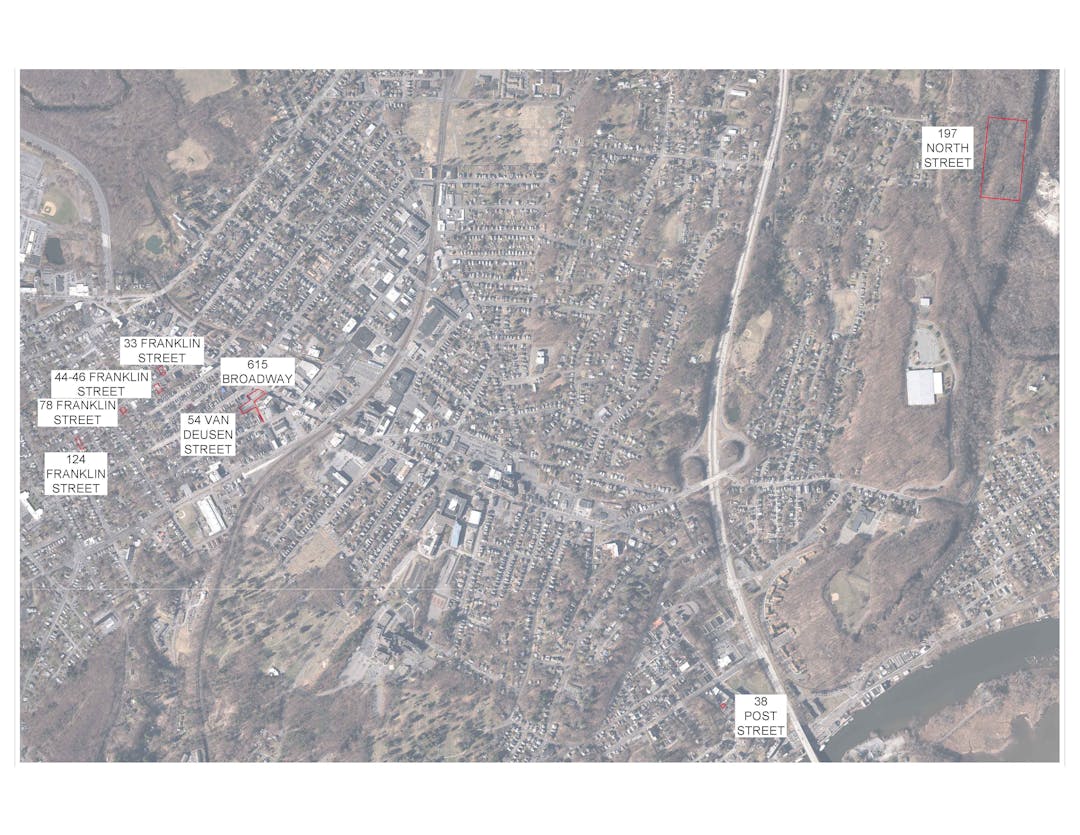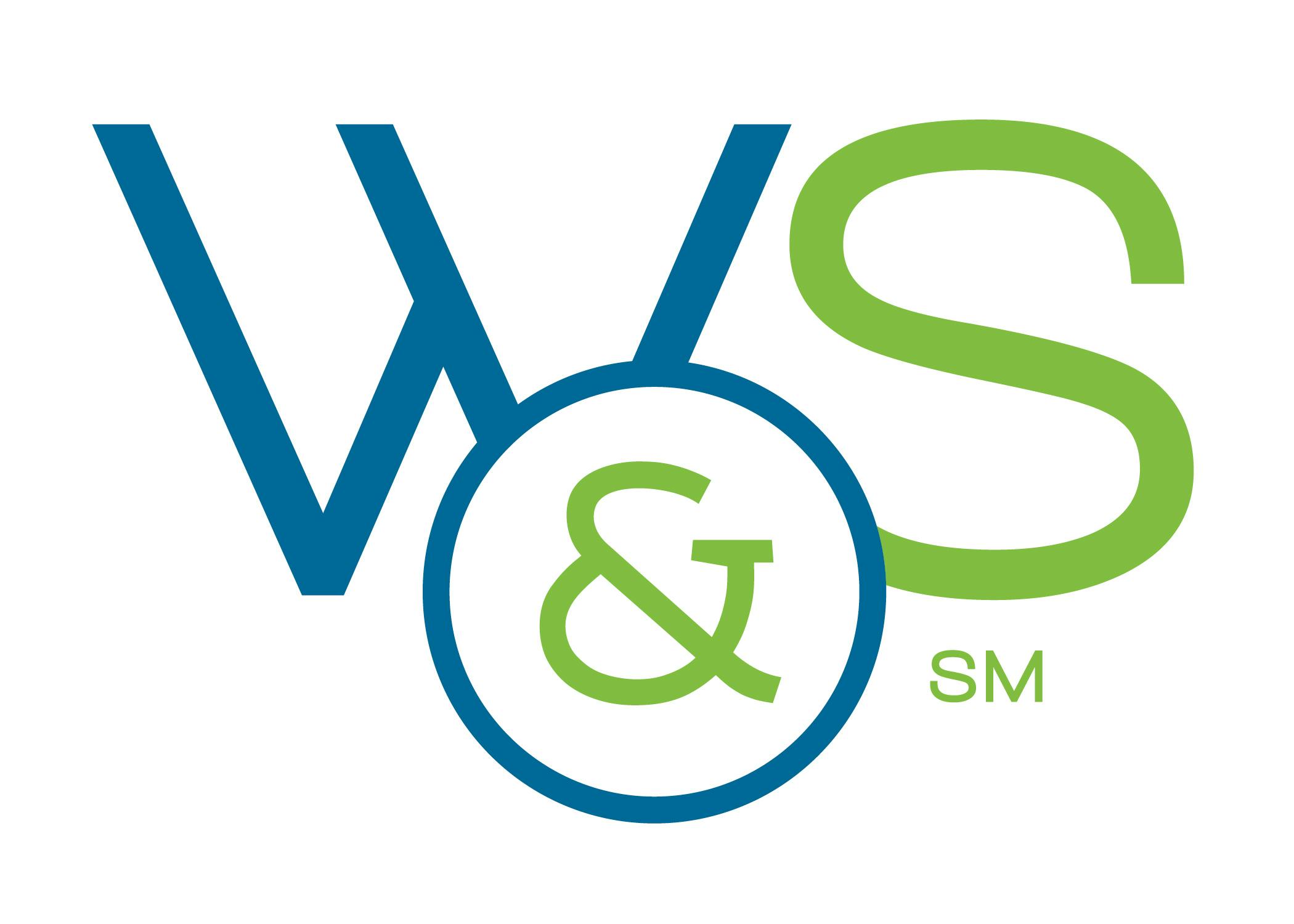Kingston Brownfield Assessments
Consultation has concluded

In 2018, the United States Environmental Protection Agency (EPA) selected the City of Kingston to receive two Community Wide Brownfields Assessment Grants — $200,000 for hazardous substance and $200,000 for petroleum assessments at locations across the City. The purpose of the funding is to help us undertake and complete assessments that will encourage the cleanup of properties that are underutilized and contaminated, or potentially contaminated, and return them to beneficial reuse.
Assessment activities began not long after the award announcement and to date have taken place primarily in the Midtown and Rondout Waterfront Districts. Grant funds have been used to update the City's inventory of potential brownfield sites; educate residents about the City's Brownfields Program; solicit information on additional potential projects; develop site selection priorities and criteria; conduct Phase I Environmental Site Assessments (ESAs); and begin to perform follow-up in Phase II.
The EPA defines a brownfield site as “real property, the expansion, redevelopment, or reuse of which may be complicated by the presence of a hazardous substance, pollutant, or contamination.” A brownfield site cannot be: the subject of planned or on-going removal actions; listed or proposed for listing on the Superfund: National Priority List (NPL); the subject of an administrative or court order under solid and hazardous waste laws; the subject of corrective actions or closure requirements; or a Federal facility. This is to ensure that the Federal government brownfield programs will NOT undermine the goal of the Comprehensive Environmental Response, Compensation, and Liability Act (CERCLA), which is to ensure that the party who created the environmental contamination pays for the clean-up.
Since the grants were awarded, the City has worked with the team at Weston & Sampson PE, LS, LA, PC to implement the Brownfields Program, including the completion of eight Phase I ESAs and four Phase II ESAs. The Phase I environmental site assessments consisted of a site visit and review of municipal, state, and historical files and available databases to determine past site uses and any reported releases of petroleum or other hazardous materials. This information was used to assess what type of contamination may be present and where it is likely to be located.
At the completion of our Phase I ESAs, several of the properties were selected for Phase II ESAs, which consisted of sampling and analysis of soil, groundwater, and/or other media, based on the results of Phase I. Some Hazardous Building Material Assessments were also completed as part of Phase II. Based upon the findings of Phase II activities, recommendations for next steps were prepared.
A virtual meeting to update the public about the City's work was held on March 3, 2021. Weston & Sampson will presented their findings and provided community members with the opportunity to ask questions. Please visit our YouTube channel to view the Public Meeting Recording.
And we invite you to join in the conversation below to help guide us as we continue to move forward with our Brownfields Program.
●●●




